Overview
Endometriosis happens when the tissues in the lining of your uterus grow in parts outside the uterus. This causes pain and problems in daily life. Endometriosis may sometimes lead to infertility issues.
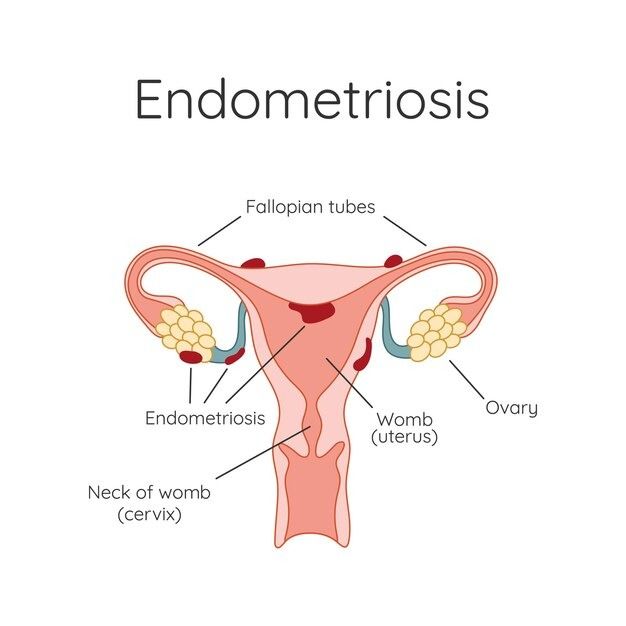
But can endometriosis develop post C-section? Let’s find out!
Endometriosis is a challenging condition that affects many women, and its presence can become even more significant after a C-section. Very few people, around 0.03% to 0.4%, have symptoms of endometriosis after C-section. It is not very common, and doctors may not initially realize that it is endometriosis. However, it is figured out after a few tests. According to statistics from the World Endometriosis Research Foundation, endometriosis affects approximately 1 in 10 women of reproductive age (usually between 15–49 years).
In 2017, a report pointed out that doctors are seeing more cases of endometriosis-related to C-section scars. This increase might be happening because more C-sections are being performed nowadays. Some people might not even know they have endometriosis post-C-section. So, many cases go unregistered.
For those who have experienced both endometriosis and a cesarean section, the desire to have another child can be a complex decision. To shed light on this topic, it's essential to examine the options and considerations for planning a pregnancy after dealing with endometriosis post-C-section.
Let's dive into why endometriosis symptoms may worsen.
Your health is too important to ignore – schedule your appointment now.
Why might endometriosis symptoms worsen after a C-section?
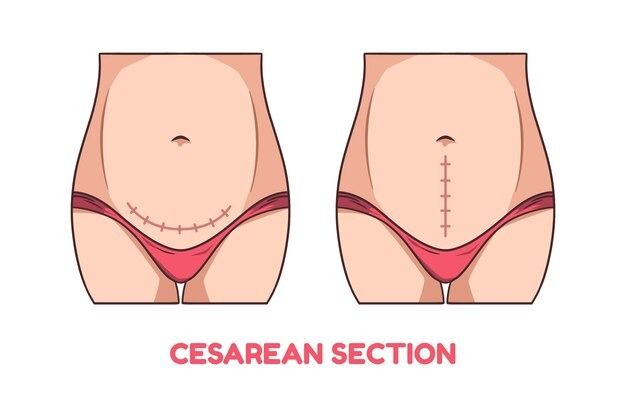
While performing C-section surgeries the doctors cut the tissues inside the uterus. As a result, the endometrial tissues grow in the area of the surgical cut. Lumps are formed along the scar tissue caused by endometriosis after a c-section. Hence, endometriosis following c c-section causes a lot of pain and makes the menstrual cycle more painful.
So, what are the common symptoms to watch for? Read carefully!
What are the common symptoms of endometriosis after a C-section?
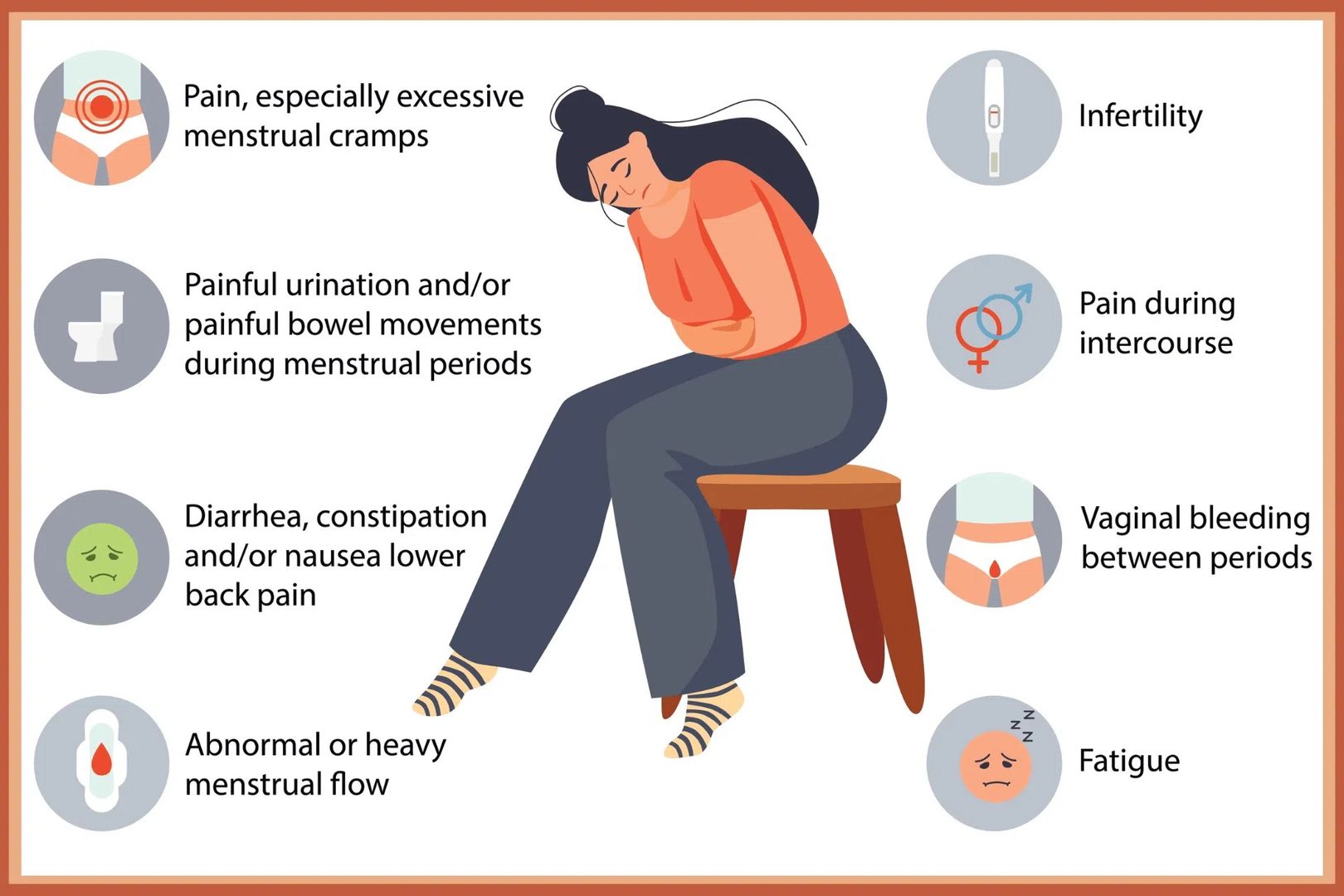
Common Endometriosis after C-Section symptoms include:
- Cyclic pain, swelling, and brown-like leakage at the scar site during menstruation.
- Severe pain during menstruation.
- Pain or cramps between periods.
- Pain during sexual intercourse.
- Painful bowel movements.
- Bleeding between periods.
- Heavy or clot-filled periods.
- Trouble getting pregnant.
- Unexplained stomach pain, diarrhea, or constipation.
- Bladder pain resembling a bladder or urinary tract infection.
- Formation of a mass or lump in the surgical scar, which may vary in size and be painful.
- Discoloration and potential bleeding from the scar-associated mass.
Now, let's talk about how endometriosis is diagnosed!
How is endometriosis diagnosed after a C-section?
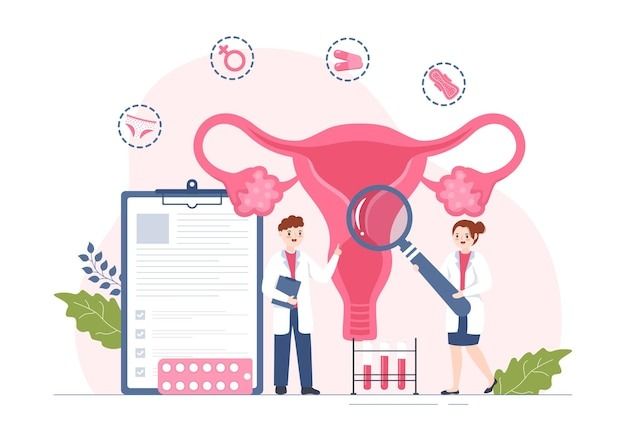
To accurately diagnose endometriosis after c-section doctors need to look at a small piece of uterus tissue under the microscope in the pathology lab. Other tests like CT scans or MRI scans can not directly show endometriosis.
Getting a diagnosis of endometriosis can take a long time. On average, it takes about 4.4 years in the U.S., and sometimes even up to 9 years. This is because it's not easy to spot, especially the kind that happens after a C-section.
To find out if you have endometriosis, you'll likely need to see a gynecologist. Talk about your symptoms and get some tests done. They include:
- Pelvic ultrasound: This uses sound waves to look at your uterus and nearby organs. They might put a small device inside your vagina or just use it on the outside of your belly.
- Biopsy: A doctor might take a tiny piece of tissue with a needle to check if it's endometriosis or something else.
- Exploratory surgery: Sometimes, they need to do a small surgery called laparoscopy to be 100% sure. However, for incisional endometriosis, they might need to make a new cut where the C-section scar is and remove some tissue. Then, they look at it closely to confirm if it's endometriosis.
But here's the crucial question: Can it be prevented?
Take charge of your health and your life. Contact us today!
Is it possible to prevent the development or worsening of endometriosis after a C-section?
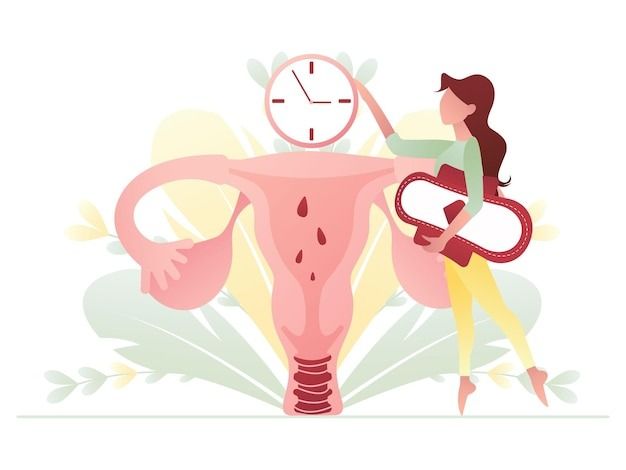
Yes, preventing the development or worsening of endometriosis after c-section is certainly possible. To make endometriosis better and stop it from getting worse, a doctor might suggest:
- Pain medicine you can buy without a prescription or stronger medicine they prescribe.
- Other ways to manage pain like acupuncture or massage therapy.
- Birth control pills that have a hormone called progesterone. It can stop the tissue from growing more.
- Different types of birth control that don't have progesterone, like medications called GnRH agonists or antagonists.
What about the impact on fertility? Let's find out!
Can endometriosis after a C-section affect fertility?
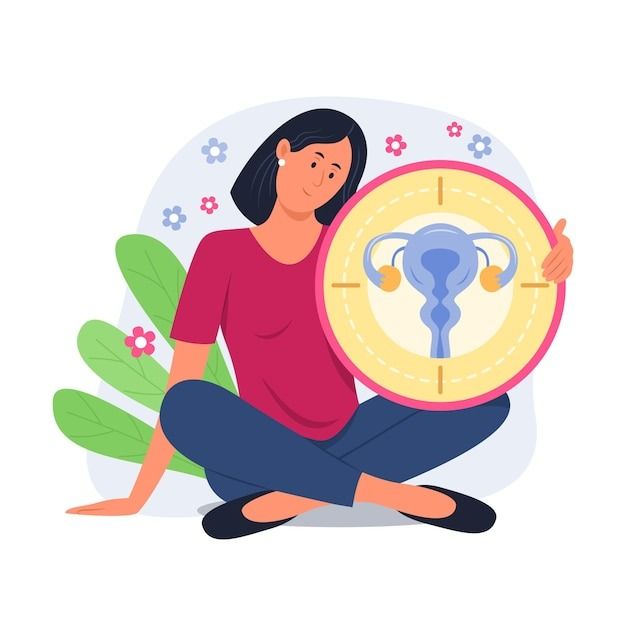
Yes, endometriosis after a C-section can potentially affect fertility. The abnormal tissue growth and scarring due to endometriosis can alter the normal functioning of reproductive organs. This makes it more difficult for a person to get pregnant in the future. However, the extent to which it affects fertility varies from person to person. Not everyone with endometriosis will experience fertility problems.
If you are worried about your fertility and have been diagnosed with endometriosis, it is recommended that you seek advice and treatment options from a healthcare provider or a fertility specialist who can provide personalized guidance.
Can endometriosis affect the healing process? Let’s find out below!
Can endometriosis after a C-section affect the healing of the surgical incision?
Yes, endometriosis after a C-section can affect the healing of the surgical incision. The presence of endometrial tissue in or around the scar can lead to inflammation, pain, and complications. This hinders the normal healing process of the incision. This can result in delayed healing, increased pain, and a higher risk of infection or other complications. It's important for individuals with such endometriosis after c-section symptoms to seek medical attention to ensure proper wound care and management.
Now, let’s explore treatment options for endometriosis.
Take the first step to recovery. Get in touch with us for your treatment.
What treatment options are available for endometriosis after a C-section?

Endometriosis is a long-lasting health problem with no cure. If someone has endometriosis after C-section and wants to have more babies, the most likely treatment is surgery to remove the endometriosis.
But for general endometriosis, surgery is not always the first choice. There are other treatments that can help with endometriosis after c-section symptoms. Some treatments can also stop endometriosis from getting worse. Here are some options a doctor might suggest:
- Pain medicine you can buy without a prescription or stronger medicine they prescribe.
- Trying different ways to manage pain, like acupuncture or massage.
- Birth control pills contain a hormone called progesterone, which can stop endometrial tissue from growing more (only with a doctor's recommendation).
- Other types of birth control without progesterone, like medicines called GnRH agonists or antagonists.
- In severe cases, if someone doesn't want to have more babies, they might consider surgery to remove the uterus (hysterectomy) or the ovaries (bilateral salpingo-oophorectomy).
But what about lifestyle changes? Can they help?
Are there any lifestyle changes that can help manage endometriosis symptoms after a C-section?
Yes, lifestyle changes can go a long way in managing endometriosis after a c section:
- Healthy Diet: Eating a well-balanced diet helps reduce inflammation and supports overall health. Opt for a nutrient-rich, plant-based diet. Make sure to include fibrous foods, iron-rich sources, essential fatty acids, and antioxidant-rich fruits and vegetables.
- Regular Exercise: Engaging in regular physical activity can help improve circulation. It reduces pain and boosts mood. It's essential to choose low-impact exercises and activities that are comfortable and safe. Especially because it is just after a C-section.
- Stress Management: Chronic stress can exacerbate endometriosis after c-section symptoms. Practice mindfulness, yoga, meditation, and deep breathing exercises.
- Adequate Sleep: Prioritize good sleep hygiene. Also, get enough rest. It aids in managing endometriosis after a C-section.
- Avoiding Triggers: Identify and avoid any specific triggers that worsen your symptoms. For some individuals, caffeine, alcohol, or certain foods may exacerbate pain or discomfort.
- Supportive Underwear: Wearing comfortable, supportive underwear can provide relief and reduce discomfort in the scar area.
- Hydration: Staying well-hydrated can help with overall health and may alleviate some symptoms.
And the burning question: Is there a cure?
Is there a cure for endometriosis?
Endometriosis is a chronic medical condition. It has no permanent cure. However, there are several medical and surgical treatments available to manage the symptoms. These treatments aim to reduce pain. They control the growth of endometrial tissue and improve a person's overall well-being. Some individuals may find that treatments effectively manage their symptoms. Thus, allowing them to lead a relatively normal life.
Your well-being is our priority - call us to book your appointment today.
References:
https://www.ncbi.nlm.nih.gov/pmc/
https://www.hindawi.com/journals/criog/2017/8062924/
https://endometriosis.org/resources/articles/facts-about-endometriosis/






